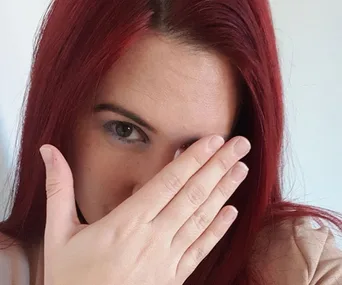Amy Elliott, 29, from Sydney, NSW, shares her story:
Kicking off my heels, I stepped into the steel-capped boots and approached the construction site hoping I’d pass for a tradie.
“Are you John?” I asked the man calmly as I neared him.
He looked at me suspiciously.
“Who’s asking?” he replied gruffly, not expecting to see a woman in her 20s on the site.
When I explained that I was a private investigator who’d been hired to track down money he owed, he quickly changed his tone.
Job done, I thought, knowing I could now let my client know John’s whereabouts.
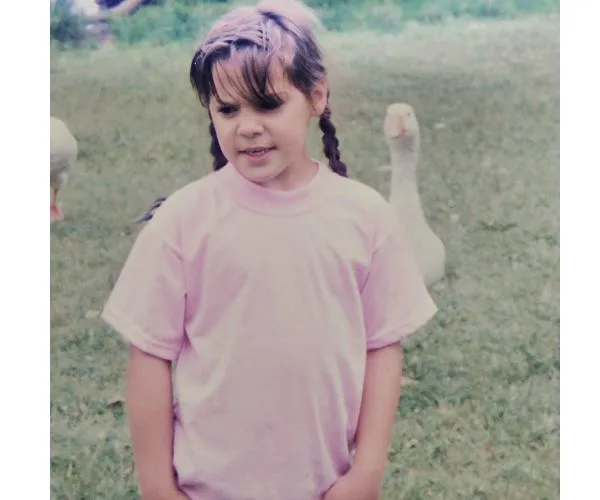
As a child, Amy was naturally curious (Image: supplied)
For many people, this type of work would be daunting, but the truth is there’s nothing else I’d rather be doing.
Growing up, I was naturally curious and found the idea of a private investigator so enticing.
Later, I became obsessed with the crime show Law & Order, which led me to studying law at university.
But after graduating, I realised I didn’t want to be a lawyer.
To me, private investigators were able to effect change much faster and more directly than waiting on something to go through a court.
So, in 2014, at age 21, I started working at a PI firm.
It was fast-paced and exciting, with no two days being the same.
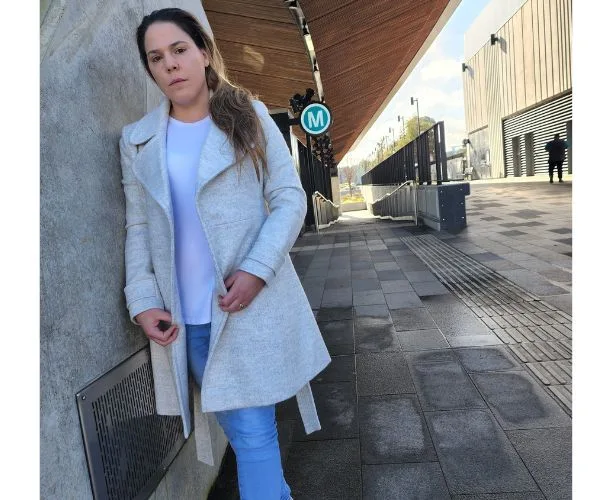
No two days as a private investigator are the same (Image: supplied)
There, I had my first taste of investigating cases, predominately in fraud and insurance claims.
Completing a case and giving my client the answers they needed was deeply satisfying.
Over time, I realised I wanted to work for myself, so in 2019, I started my own business, National Inquiry Agency.
Now, I specialise in skip tracing, a process used to locate someone’s whereabouts, missing persons, background checks and corporate investigations.
With a husband and a young child at home, being my own boss offers me flexibility to do longer hours, but also do the childcare run.
I’ve also had to learn that things can change very quickly in my line of work.
On a Monday, I might start the week sitting behind my desk making phone calls, then later in the week I’ll be knocking on doors or locating missing persons.
Doing overt enquiries, which means making myself known to someone, I’ll head to a house and look for a certain individual.
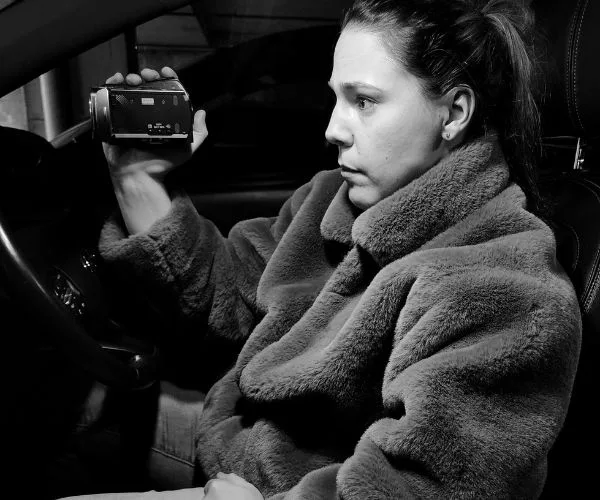
Things can change very quickly (Image: supplied)
One time, I arrived at a property, and could tell that no-one was home.
But just as I went to walk off, I heard something behind me.
“Baaaa,” bleated a sheep as it pawed the ground, ready to charge. I jumped.
Before the aggressive animal could come at me, I quickly raced back to the car and sped off.
Once I was a safe distance away, I couldn’t help but laugh.
It’s not always angry sheep that confront me, other times it’s humans, too.
“I’m just here to help my client find closure,” I’d explain.
It’s important to always remain calm regardless of the situation.
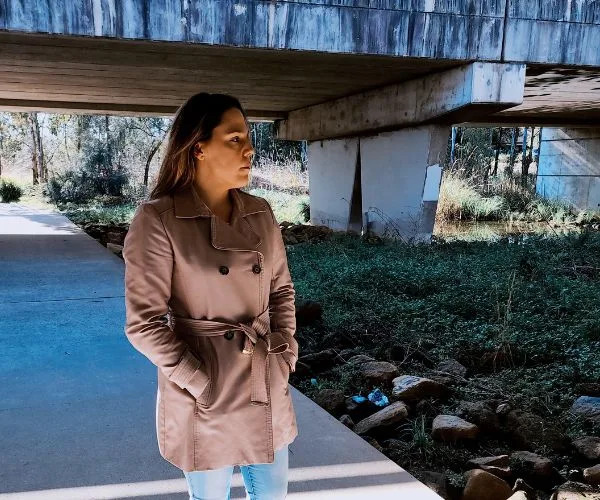
Amy’s job is unconventional, but she loves it (Image: supplied)
For many, confronting someone who owes a lot of money or is a missing person could be dangerous, but I take a number of precautions to ensure I am always safe.
My clients come from all walks of life, but the cases I most want to help with are missing children.
“My husband has taken my daughter away,” cried a client one day.
“Don’t worry, I’ll get her back,” I vowed.
It’s common during a separation and custody battle that one parent might run away with their children, leaving the other parent desperate to track them down.
Through legal avenues, I’ll try to find that child.
To me, this is the most rewarding work.
As a parent, I can understand how distressing this would be.
And I can get results faster than a family lawyer who has to go through the courts.
Now, I want to see more women in the industry.
To be a successful private investigator, you need attention to detail, ability to think outside the box and to take a case and run with it.
My job might not be the same as other mums I meet at childcare pick-up, but I’m proud to be the person that I aspired to be when I was younger.
I hope I can inspire other women to give private investigations a go.
These are skills that women often have naturally, and I hope it encourages others to give this interesting, but unconventional line of work a go.
When I think back to my childhood self, she would be proud to see who I am now.
